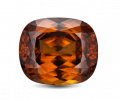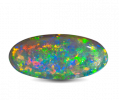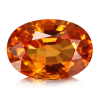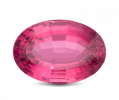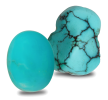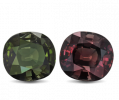* в устной форме
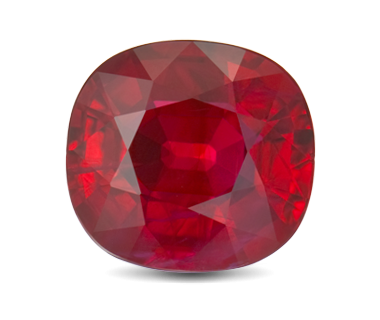
Оценка rubyа – является одним из наиболее распространенных видов оценки имущества. Это процедура, необходимая при залоге, разделе имущества, наследовании, при определении налоговой базы, при возврате товара, а иногда просто при покупке-продаже. Неотъемлемой частью определения стоимости ювелирных изделий и драгоценных камней является классификация основных потребительских свойств по шкале качественной градации
Что в себя включает оценка Рубинов в нашей лаборатории,
или как проводится экспертиза?
После записи клиент будет приглашен на проведение оценки в наш центр. Все этапы исследования происходят в присутствии заказчика, и они основаны на следующем утвержденном порядке работ:

Ruby предварительно осматривается, после определяется его масса, проводится измерение других параметров и описывается внешний вид.

Используются специальные геммологические приборы (оптические, спектральные и т.д.) для проведения тестов и определений.

По завершению диагностики ruby классифицируется по качественным параметрам.
Процесс оценки – это не только выявление стоимости дорогостоящих материалов. Во время данной процедуры учитываются все важные факторы (включая историко-культурные, а также эстетические), и только на основании них дается достоверное заключение
Зачем нужна оценка rubyа?
- Чаще производят подобный анализ для установки степени ценности материала (минерала, ювелирного камня). Однако самой популярной причиной является страхование и реализация изделия;
- Чтобы застраховать дорогостоящий камень, вам потребуется предоставить доказательство страховщику, которое будет обоснованием ценности. Не стоит забывать и о другом преимуществе проведения оценки:
- Если ваше изделие вдруг будет утеряно, либо станет объектом кражи, то сертификат поможет при идентификации в случае находки.

Какая бывает оценка?
Виды Оценки
- Геммологическая - определяет соответствие ювелирных камней качественным характеристикам шкал градации качества, определённым в соответствии с тем или иным нормативным документом.
-
Комплексная - включает в себя материаловедческую (геммологическую, пробирную, металловедческую), технологическую, товароведческую, историко-художественную экспертизы.
- Стоимостная - производится на основании результатов геммологической или комплексной оценок, драгоценных камней – на основании только геммологических отчётов.
Компания «МГЦ» выдерживает нейтралитет между производителем, продавцом и покупателем, поэтому клиенты «МГЦ» могут быть уверены в объективности и независимости проводимой геммологической оценки.
Оценка других камней



